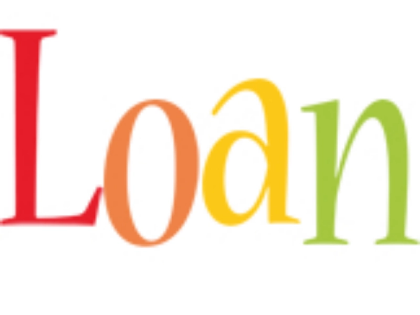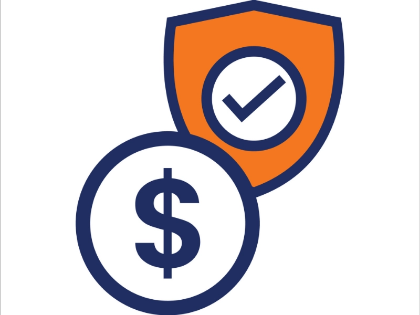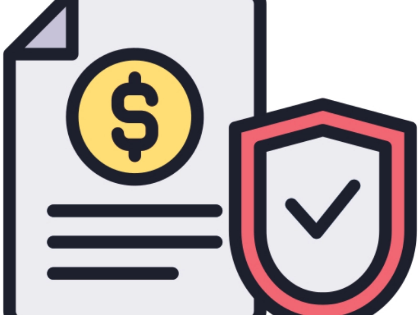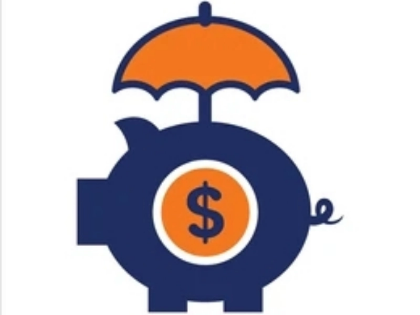Are interest-only mortgages the best option for you?
Interest-only mortgages are a popular choice among borrowers who would rather pay less each month initially than increase their home equity. Additionally, these debtors may want to put their money in retirement accounts or stocks, among other places. But after the initial time expires, the borrower will have to start paying the principle, which would significantly increase the cost of the mortgage. Homeowners may experience sticker shock as a result.
Advantages
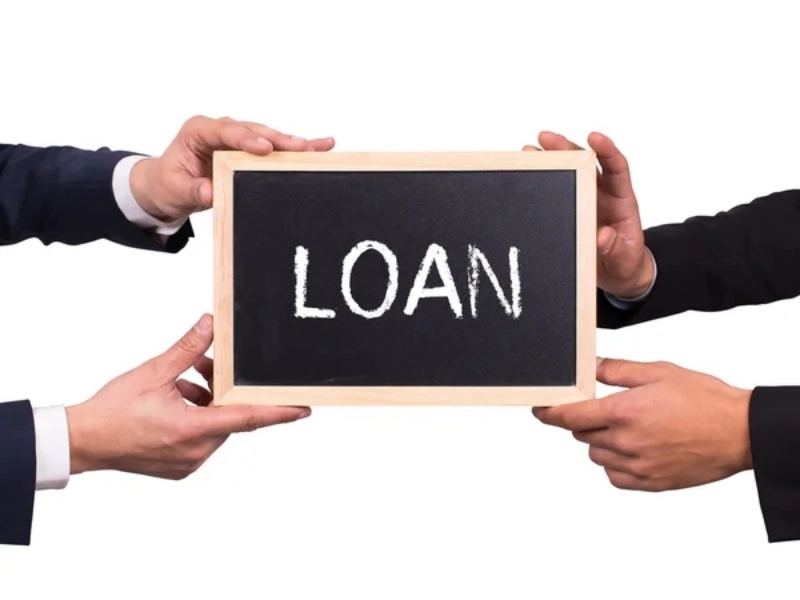
Negative aspects
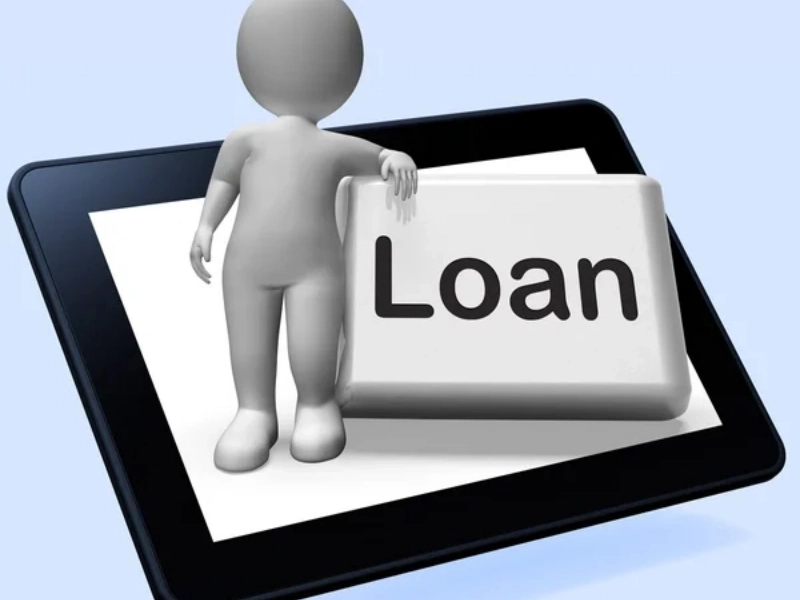 Mortgages with no interest have a number of drawbacks. One important disadvantage is that you will start paying principal and interest when the interest-only period ends, which results in a large rise in payments. This may come as a significant financial shock, particularly if you're unprepared.
You won't increase your home's equity, which is another drawback. In the event that the housing market collapses, like it did in 2008, this is a serious worry. In that scenario, you can find yourself with a larger mortgage debt than the value of your home.
It's also harder to qualify for an interest-only mortgage than for a conventional mortgage. To be eligible for one, you usually need a sizable down payment and a strong credit score. Also, because these loans carry a higher risk, lenders are less likely to approve them. Because of this, they're usually only available to investors who wish to utilize the loan as an investment vehicle or to purchase, renovate, and then sell their houses.
Mortgages with no interest have a number of drawbacks. One important disadvantage is that you will start paying principal and interest when the interest-only period ends, which results in a large rise in payments. This may come as a significant financial shock, particularly if you're unprepared.
You won't increase your home's equity, which is another drawback. In the event that the housing market collapses, like it did in 2008, this is a serious worry. In that scenario, you can find yourself with a larger mortgage debt than the value of your home.
It's also harder to qualify for an interest-only mortgage than for a conventional mortgage. To be eligible for one, you usually need a sizable down payment and a strong credit score. Also, because these loans carry a higher risk, lenders are less likely to approve them. Because of this, they're usually only available to investors who wish to utilize the loan as an investment vehicle or to purchase, renovate, and then sell their houses.
Taxes
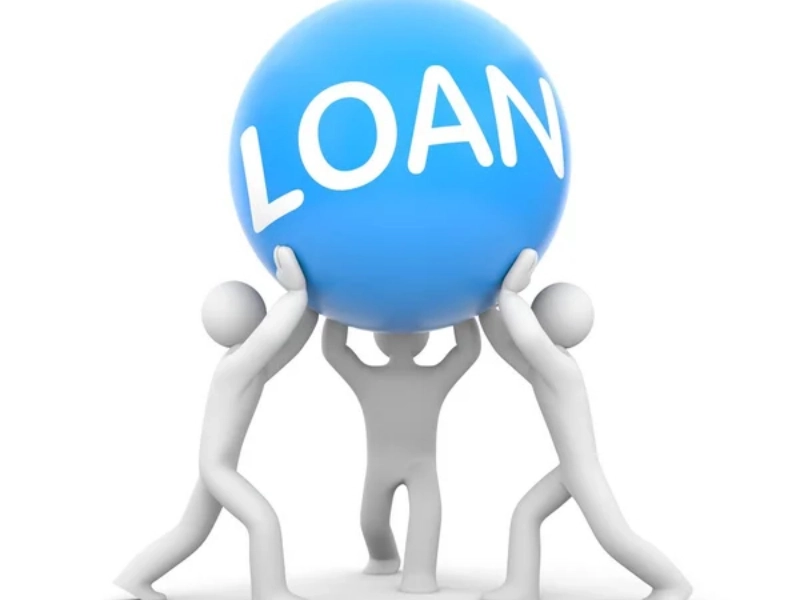 During the first few years of an interest-only mortgage, the borrower just pays interest. Following that, the mortgage converts to an amortizing loan that requires payments for both principle and interest. Borrowers should think about their future financial goals because these loans don't create equity and the payments will go up.
Lenders typically need substantial savings and assets, as well as a low debt-to-income ratio and a sizeable down payment, in order for a borrower to be eligible for an interest-only mortgage. These conditions are meant to safeguard the lender from danger and guarantee that borrowers have the funds to begin making larger monthly payments after the interest-only period expires. In order to plan their budget, it's crucial for borrowers to estimate their possible future monthly payments.
During the first few years of an interest-only mortgage, the borrower just pays interest. Following that, the mortgage converts to an amortizing loan that requires payments for both principle and interest. Borrowers should think about their future financial goals because these loans don't create equity and the payments will go up.
Lenders typically need substantial savings and assets, as well as a low debt-to-income ratio and a sizeable down payment, in order for a borrower to be eligible for an interest-only mortgage. These conditions are meant to safeguard the lender from danger and guarantee that borrowers have the funds to begin making larger monthly payments after the interest-only period expires. In order to plan their budget, it's crucial for borrowers to estimate their possible future monthly payments.
Remortgaging
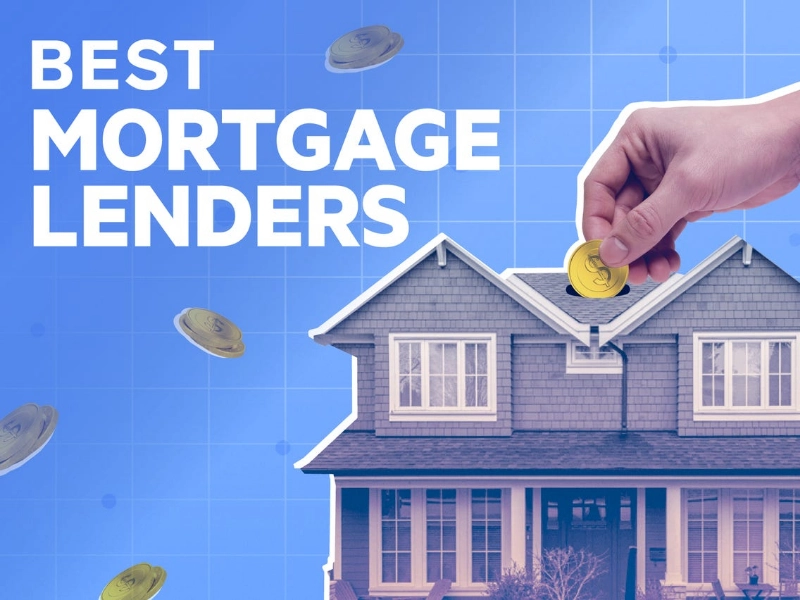 Looking around for the best rates is crucial, just as with any mortgage product. With some loans—like adjustable-rate mortgages or government-backed loans—that don't have an interest-only period, you might be able to negotiate a lower monthly payment.
If you have a firm strategy in place for how you will pay off your principal at the conclusion of the original term period and your income is predicted to improve significantly, an interest-only loan can be the best option for you. But if you anticipate a decrease in your income or are concerned about potential increases in interest rates, this kind of financing is certainly not the best option.
Additionally, a lot of interest-only loans mandate that you begin paying back your principal when the amount you still owe exceeds a predetermined percentage of the value of your house. Usually, that happens three to ten years later. At that point, you might be eligible to convert to a conventional mortgage.
Looking around for the best rates is crucial, just as with any mortgage product. With some loans—like adjustable-rate mortgages or government-backed loans—that don't have an interest-only period, you might be able to negotiate a lower monthly payment.
If you have a firm strategy in place for how you will pay off your principal at the conclusion of the original term period and your income is predicted to improve significantly, an interest-only loan can be the best option for you. But if you anticipate a decrease in your income or are concerned about potential increases in interest rates, this kind of financing is certainly not the best option.
Additionally, a lot of interest-only loans mandate that you begin paying back your principal when the amount you still owe exceeds a predetermined percentage of the value of your house. Usually, that happens three to ten years later. At that point, you might be eligible to convert to a conventional mortgage.
